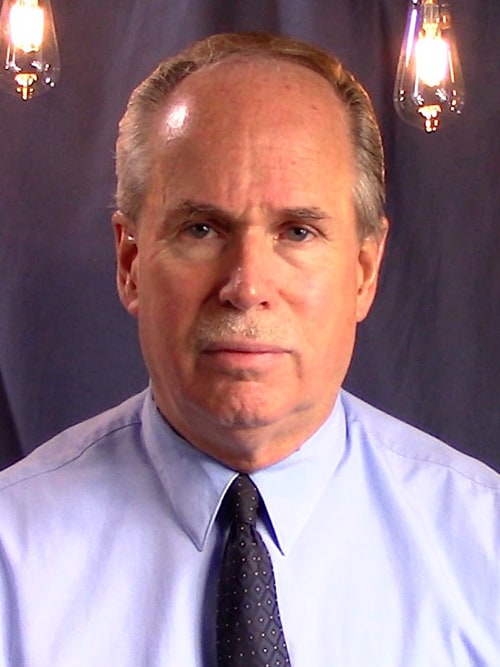With the New Year we long for a fresh start. We want to wipe the slate clean, removing the smudges and the smears. We want to get rid of the errors, the poor choices, the misguided decisions and the bruising flops that populated the previous year. We want to wipe away old habits, clean up destructive behaviors, sponge up toxic relationships, run away from blood-sucking jobs and frantically flee the debt-feeding financial decisions that we made. The New Year is our time to use a whole bunch of elbow grease to clean up the horrendous messes of the old year, sweep those dirty little choices under the carpet, smooth over places where the carnage of our decisions tore the landscape of our lives apart, and precariously prop up the things that were blown over by the selfish choices we made. We’re wildly busy about the ‘spit and polish’ of getting everything tight and clean.
The Past Relished or Rejected?
We cross the threshold of the New Year without wanting to look back. It’s not that we want to reject the past, but we much prefer to leave it behind. We want a clean break, a new beginning, a fresh opportunity that’s in no way inhibited by whatever the past has been. Indeed, we do cherish the good things that have happened. However, we seem to celebrate them with a diminished sense; that they weren’t as good as good can potentially be. We engage the New Year holding out some hopeful hope that it will bring us twelve months of living that will be good in a way that we haven’t quite been able to achieve. That somehow this year will be what no year has yet been. So celebration is often less about what we’re leaving behind, and a whole lot more about what we hope will come.
The Seeds of Staleness
The New Year is the old year in redress. It’s nothing more than the final tick of the second hand of the clock that throws December 31st over into January 1st. It leaves nothing old behind and it takes nothing new with it. It’s a continuation of whatever was into whatever’s going to be. There is nothing inherently new about New Year’s.
Yet, because we ascribe a false newness to it, we assume that something has changed, that something has been left behind, that something has transitioned or transformed in the process of one day rolling into another.
So we celebrate and we ‘party.’ We raise robust toasts to the new opportunities that we’ve fabricated from the broken and desperate shards of the past year. We pen feel-good resolutions across our minds and across the pages of the calendar of the upcoming year. We tell ourselves that it’s going to be better, that we’re going to beat old habits and turn careers around. We shout down the corridors of the New Year, declaring in advance that we’re going to recommit to our marriages; that we’re going to complete college degrees, balance our spending, and watch our language. We assertively put the New Year on notice, telling it that we’re going to beat addictions, lose weight, change our attitudes, bury hatred, resurrect forgiveness, overcome fears, undercut bad attitudes and change.
Wiping Out Staleness
The New Year is an opportunity for reflection. We’ve set the calendar and flow of the year in such a manner that the New Year is parked at a place that affords us perspective. In reality, nothing changes. The truth is, we’ve been handed nothing new. But we can stop, catch our breaths, rub our eyes clear of the smudges that life smears across them, brush off the dust that’s caked on us from the long roads we walk, and simply look around. We have a chance to inventory and assess; to deliberately engage the reality of our lives, doggedly evaluate those realities, decisively execute strategies to change, and embrace an enthusiasm about the possibilities that these actions will bring to the New Year.
We can’t wipe the slate clean, but we can rewrite it. We can’t ignore things but we can change them. We can pretend that the New Year is something that it’s not, or we can persevere in learning from the past to forever change the future.

 Craig Lounsbrough
M. Div., LPC
Craig Lounsbrough
M. Div., LPC